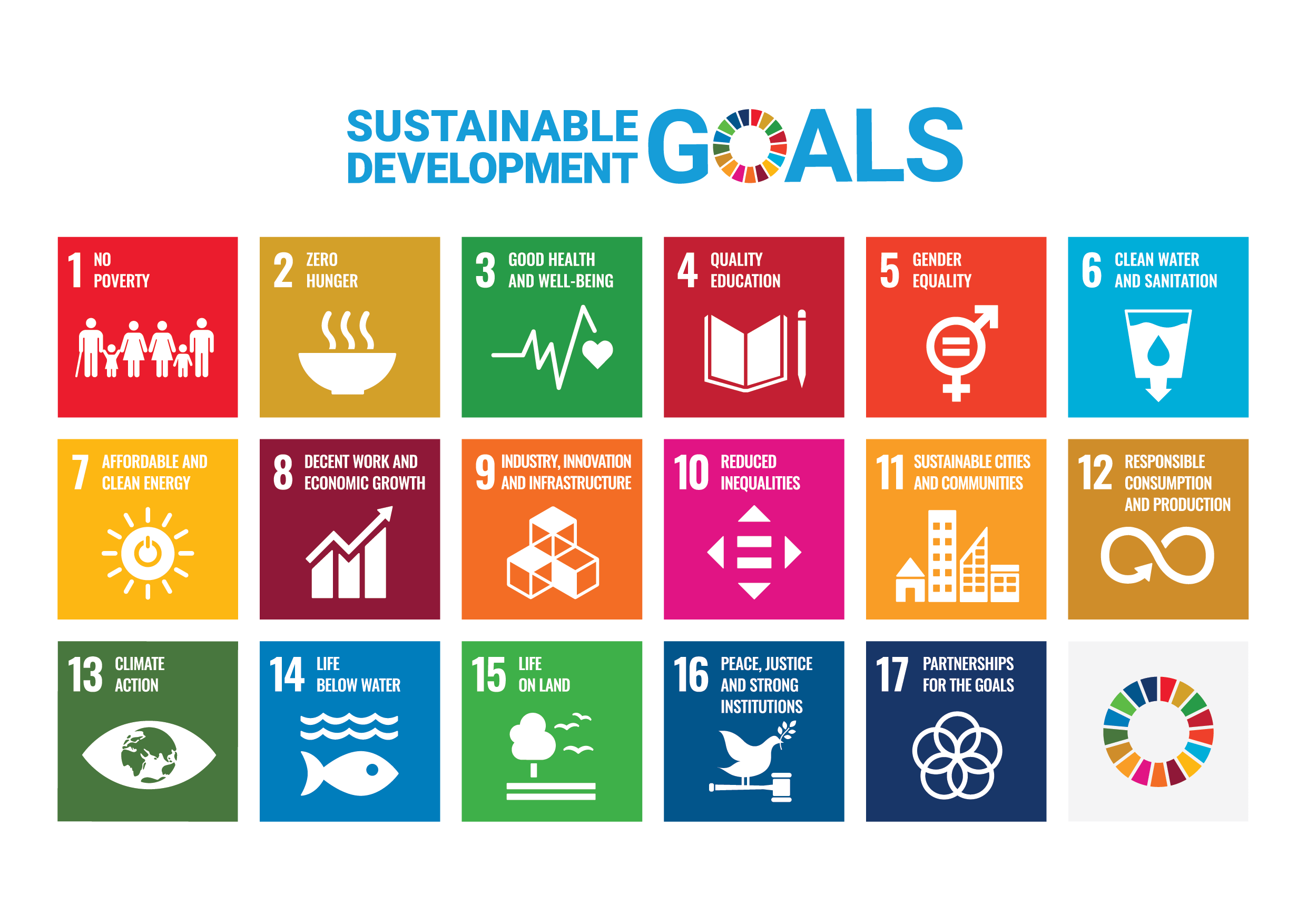Blog-200130-Brands talk about sustainability but are they making a genuine difference
We all know how the rise of Greta Thunberg and David Attenborough’s Blue Planet II in 2017 have provoked the public’s consciousness around environmental issues and our climate as well.
These influential factors followed the United Nations forming the Sustainable Development Goals (SDGs) in 2015. Working with governments, companies, start-ups, NGOs and other organisations, they plan to solve some of humanity’s greatest challenges. Many of the 17 goals link back to our climate, our environment and sustainability.
Now, millennials and Gen Z are holding brands to higher environmental standards – but too many brands still see sustainability as a ‘value add’.
One of the trends that emerged in 2019 is ‘SDG-washing’ – a bit ’like green-washing’, the term is used when a brand acknowledges the existence of the SDGs and actively promote how they align with the goals, but seldom make a meaningful contribution to achieving any of them. In the UK, brands ‘go green’ and environmentalism and sustainability are shaping their marketing and communication campaigns. In fact, it has been estimated that 15% of all marketing and communications from brands in the UK now has some environmental messaging included.
In reality, we see this trend around sustainability overall.

Sustainability and a commitment to the Sustainable Development Goals needs to be at the heart of a company’s DNA to become more than just a token ‘value add’.
Talking about sustainability
When it comes to communication, you will never come across as genuine unless sustainability is integral within your company’s values, principles, and standards of behaviour. Environmental impact and ethical supply chains need to be treated with equal importance to company performance and profit. It is possible to achieve both in your company ethos.
Brands like Unilever are illustrating how sustainability can be part of the corporate identity – reducing environmental impact without it being at the expense of profits. In their latest report, Unilever shared how their ‘Sustainable Living’ brands are growing faster than other brands and are contributing an increasing amount of turnover growth year-on-year.
When it comes to being more genuine, let’s first be more self-aware
I feel there is even more pressure for those of us who operate within the environmental services sector. We know from the UN that private sector businesses will be the ones to make the biggest impact in terms of delivering the SDGs, but the waste and resources sector can lead the way.
As marketing and communications professionals, we must allow our sustainable decisions to speak for themselves and not shout about things before our house is in order. It will take more than slapping the SDG icons onto existing case studies to which they bare no relevance! We need to make commitments to the goals or ensure other sustainable commitments are an integral part of our business planning, our company ethos and our brands.
After all, if sustainability is an integral part of your business’ vision and mission, you have to practice what you preach.